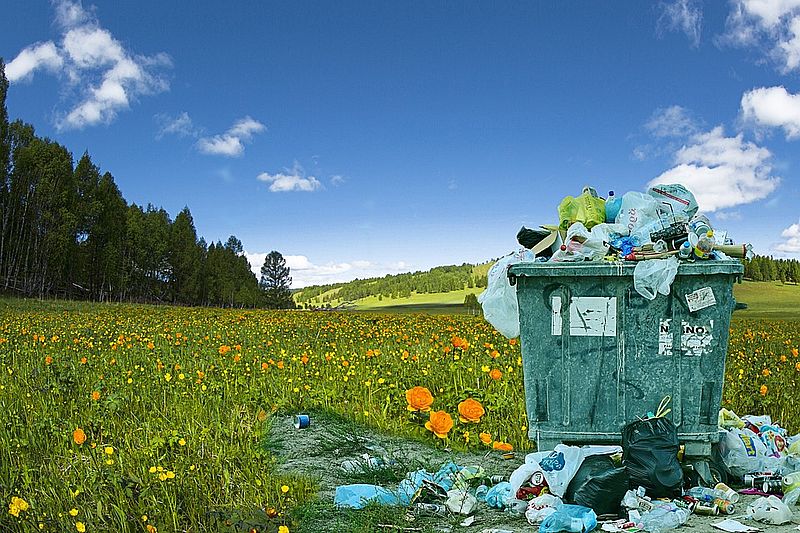Microplastics Cause Decrease in Agricultural Yields

Microplastics interfere with photosynthesis, according to scientists from Nanjing University. This could cause huge losses in agricultural and seafood production over the coming decades.
The researchers analyzed more than 3,000 observations of microplastics’ impact on plants from 157 scientific reports, and then extrapolated the results using machine learning to identify patterns in the data.
The analysis found that microplastics reduce photosynthesis in land plants, seaweed, and freshwater algae by 7–12%, which will lead to a decrease in the yield of major crops — rice, wheat, and corn — by 4–14%.
Plastic is a useful and versatile product, but it is difficult to recycle. According to researchers, it will amount to 460 million tons of solid waste in 2025 alone.
More dangerous are the trillions of tiny fragments that plastic products break down into, which can now be found everywhere — from the depths of the sea to the human body. Microplastics are up to 5 mm in size, and most often 1 micron (micrometer).
Larger microplastic fragments accumulate in the soil, while smaller ones can be present in the air and directly enter plant and animal cells. There are cases where small microplastic fragments damage cell bodies – chloroplasts, which are involved in photosynthesis.
Previous studies of agricultural crops have shown that the impact of microplastics on photosynthesis varies depending on the type, dose, duration of exposure and plant species. In other words, there is no single approach to compare the impact on different plants.
Given the potential risk to global food production, rigorous scientific research is needed on microplastics and their impacts on both agricultural crops and the marine flora and fauna that support fish and seafood stocks.
The World Economic Forum has named microplastics one of the top ten threats and recommends urgent action. This problem may compete with other serious threats such as climate change and biodiversity loss.
Read also
EU and India sign trade agreement
Analysts in Canada doubt further growth in rapeseed prices
Registration for BLACK SEA GRAIN.KYIV goes on – join with Early Ticket by Ja...
Trump raises tariffs on South Korean goods to 25%
Do not ship soy, but crush. Could 2025/26 be a turning point for Ukrainian soybeans?
Write to us
Our manager will contact you soon



